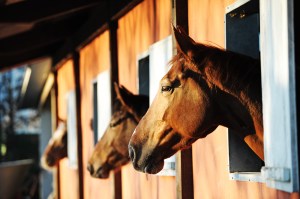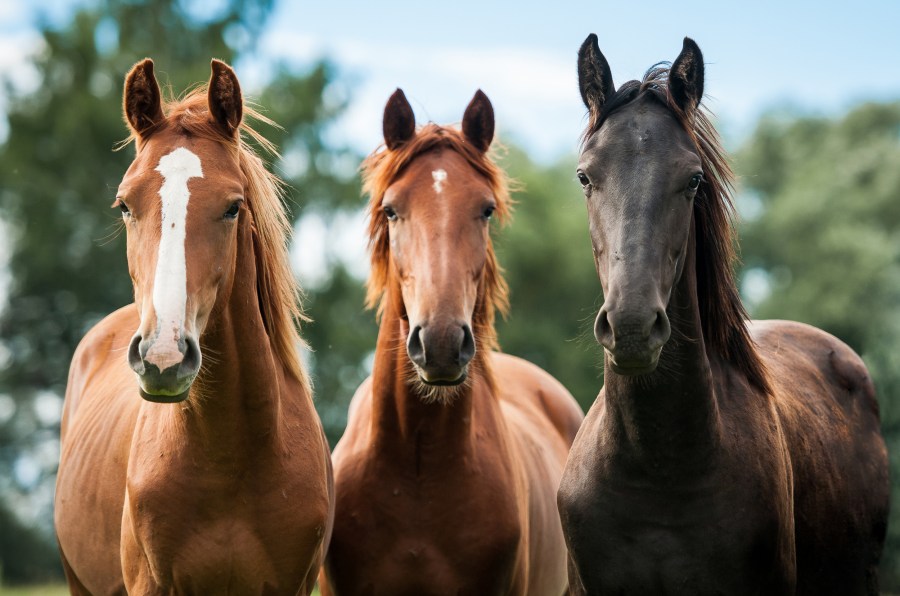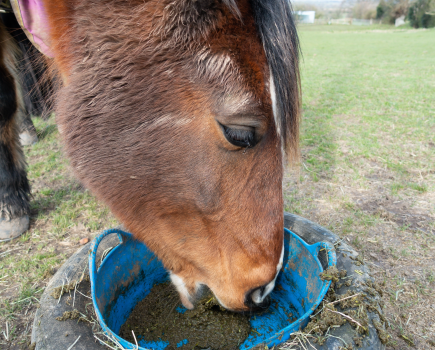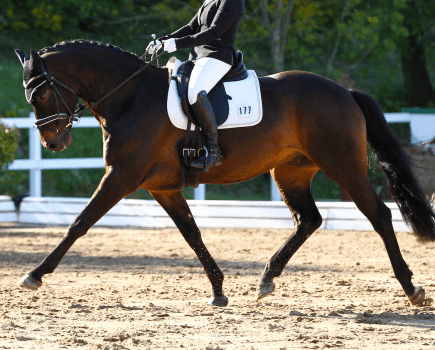Advertisement feature
The bond between an owner and their horse is a really special one, but before you start to build that relationship you need to find the horse that’s right for you. Buying a horse can be daunting, as well as expensive, so we’re going to talk you through it to ensure that you end up with exactly the right horse for you.
There are several important things to think about before buying a horse, including:
Do you have time?
Owning a horse is a big commitment so think about whether you have the time, and the energy, to look after it every single day, rain or shine. How will it fit in with your job and home/family life? What if you’re ill, or need to go away overnight? What if you want to go on holiday? Do you understand what looking after a horse involves and how much time it takes; not just basic care and exercise, but also feeding, grooming and stable management?
Where will the horse live?
Have you got somewhere to keep a horse? Have a look at local livery yards and find out the cost. This could be your biggest regular outgoing cost and there will be different kinds of livery services available, from DIY livery where you take care of all the horse’s needs yourself, to full livery where all your horse’s needs are catered for by the yard.
What type of horse do you need?
Do some research into the type of horse that suits you best. Are you after a steadier type suitable for a more novice rider, an all-rounder or are you looking to compete in a specific discipline? Have an idea of what you would require of your horse under saddle and the experience you would like your future horse to have before you begin your search. Bear in mind that all of these things will affect how much a horse costs to buy too.
Can you afford it?
Money is a huge consideration. Work out a budget beforehand, considering not just the purchase fee, but also ongoing costs and emergencies, like vet care. You will need to spend a fair chunk of cash on your horse every month.
Will you need horse insurance?
Vet fees can soon add up, so many horse owners prefer to take out a Horse Insurance policy. The cost of your policy will vary depending on the type of cover you need.
What are your deal breakers?
Before you start looking at buying a horse, think about the things you’re willing to compromise on, such as age and breed etc, and the things you’re not. Have a purchase budget in mind too, and stick to it.
Viewing a horse for sale
 A large process of buying a horse is going to see and try horses for sale. When doing so, it is advisable to take someone experienced with you, like your riding instructor or a knowledgeable horsey friend, so that they can give you advice on how suitable the horse is. Ideally, they’ll ride it too.
A large process of buying a horse is going to see and try horses for sale. When doing so, it is advisable to take someone experienced with you, like your riding instructor or a knowledgeable horsey friend, so that they can give you advice on how suitable the horse is. Ideally, they’ll ride it too.
Other things to consider when viewing a horse for sale are:
- Riding the horse and interacting with them will help give you an idea of their temperament, responsiveness etc. It’s a good idea to observe the horse in different settings; for example, inside the stable, while turned out and around other horses, as well as at different times of the day.
- Make sure all the paperwork is in order, with a proper sales contract that has details of any trial period, warranties, refunds, registration papers, health records, transfer details, passport and microchip details.
- You could take a video of the horse, which is particularly helpful if you’re viewing more than one. You might also notice something on the video that you didn’t notice at the time.
- Look around the stable for signs of stable vices, for example, a chewed door, as these habits can be problematic and should be disclosed by the seller.
What to look for in a new horse
It is important to think about the following when you are considering buying a horse:
Temperament
Your horse needs to fit in with your lifestyle and personality. For example, as a beginner you’ll want a well-mannered horse who is easy-to-do. Make a note of how they respond to being handled and groomed and when tacking up. Ask the owner about any challenging behaviours such as napping or bucking.
Health
You can arrange for a vet to carry out a pre-purchase assessment. They’ll be able to spot potential problems, for example, poor conformation or subtle lameness, that could lead to more serious issues over time. You can also ask the owner for access to the horse’s veterinary history too.
Age
How old a horse is that you are trying will depend on your riding goals. While a young horse may need more training, an older one could develop conditions associated with veterans. The seller should give you information about the horse’s history, previous owners, training etc. It’s not that dissimilar to buying a second-hand car!
 Dos and don’ts when buying a horse
Dos and don’ts when buying a horse
- Do check if the horse is on any medication and/or supplements and find out why.
- Do be wary if the horse has no competition record or has gaps in their history if they’re not a youngster and you plan to compete in affiliated competitions on a horse with experience.
- Do look out for dealers presenting themselves as private sellers, as this could affect your rights.
- Do contact previous owners to learn about the horse’s full history. Their details will be on the horse’s passport
- Do your research. If you’re buying local, ask around to find people who know the horse and can vouch for their behaviour/competition record.
- Do trust your instincts; first impressions definitely count!
- Don’t buy a horse you feel nervous around or to ride.
- Don’t buy a horse you haven’t seen in person.
- Don’t buy the first horse you see without careful consideration.
- Don’t buy with your heart; use your brain!
Viewing and buying a horse is an exciting experience but it takes time and effort. Hopefully these tips will help you go into it feeling informed and prepared.
The Insurance Emporium has years of experience of providing horse insurance. Take a look at our website and find a range of policies that you can personalise to ensure you don’t end up paying for cover you don’t need. Get in touch for a free, no-strings quote; you know it makes horse sense.
All content provided on this blog is for informational purposes only. We make no representations as to the
accuracy or completeness of any information on this site or found by following any link on this site. We will not be
liable for any errors or omissions in this information nor for the availability of this information. We will not be liable
for any loss, injury, or damage arising from the display or use of this information. This policy is subject to change
at any time.
We offer a variety of cover levels, so please check the policy cover suits your needs before purchasing. For your
protection, please ensure you read the Insurance Product Information Document (IPID) and policy wording, for
information on policy exclusions and limitations.
Images by Shutterstock









